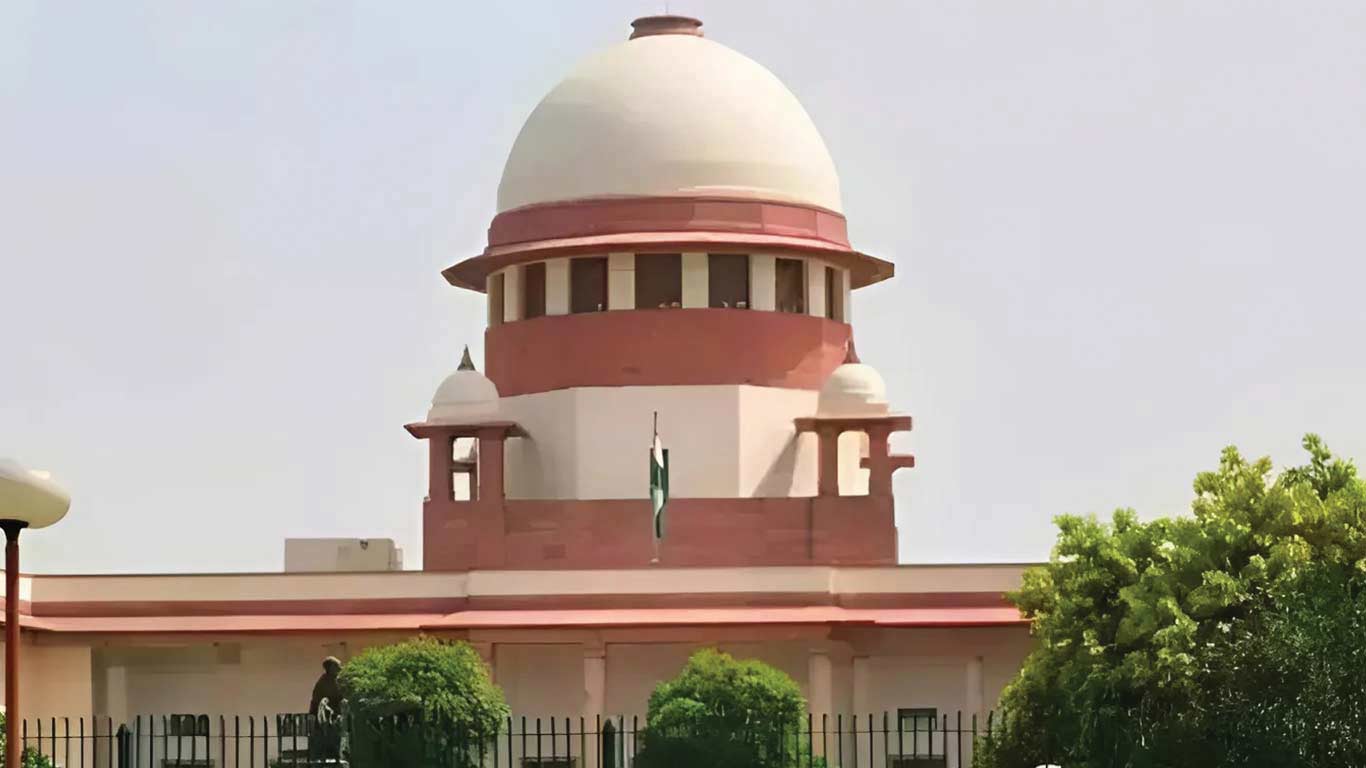Copyright knnindia

New Delhi, Oct 22 (KNN) The Supreme Court of India delivered a landmark judgment in the case of Shanti Kiran India Pvt. Ltd. on October 9, providing much-needed relief to taxpayers. In recent times, it has become widely recognised that buyers have often been penalized for unintentional or technical errors committed by their suppliers, creating considerable anxiety and uncertainty among traders. While this particular judgment pertains to the Delhi VAT (DVAT) Act—specifically Section 9(1) on input tax credit (ITC), read alongside restrictive provisions such as Section 9(2)(g), which required that the supplier must have actually paid the tax to the government—tax professionals suggest it may also have far-reaching implications for disputes under the GST regime. Legal issues of this nature are inherently complex, and consensus among experts is rare, which explains why many such cases ultimately reach the Supreme Court. In this instance, Shanti Kiran India Pvt. Ltd. purchased goods from a registered supplier and claimed input tax credit (ITC) based on valid invoices. However, the supplier did not deposit the collected tax with the government. Consequently, tax authorities rejected Shanti Kiran’s ITC claim, contending that the supplier’s default negated the buyer’s entitlement. The Supreme Court, dismissing this view, upheld the High Court’s ruling that “a bona fide purchaser who has fulfilled all statutory obligations cannot be denied input tax credit merely because the supplier failed to deposit the tax.” The Court clarified that in this case the supplier was a registered dealer at the time of the transaction and that there was no evidence of collusion or fraudulent intent on the buyer’s part. It established that commercial entities can conduct only limited due diligence, such as verifying the supplier’s GST registration at the time of purchase, and cannot be held responsible for post-sale compliance, including monitoring the supplier’s bank accounts or tax filings. The Court emphasised that unless there is clear proof of the buyer’s involvement in fraud, legitimate tax benefits cannot be denied, and merely alleging supplier fraud is insufficient to penalize the buyer. Supreme Court rulings are far more than mere statements. While tribunals, commissions, and lower courts operate within factual and procedural boundaries, the Supreme Court not only resolves disputes but also declares the law itself. Under Article 141 of the Constitution, “The law declared by the Supreme Court shall be binding on all courts within the territory of India,” meaning that even when lower courts reach their own factual conclusions, the Supreme Court’s legal interpretation takes precedence. Consequently, such rulings cannot be dismissed simply because they arise under a different statute. The Supreme Court’s recent decision therefore represents a significant victory for the principle of ‘Ease of Doing Business’ in India. This landmark judgment is expected to reshape tax audits and evaluations, directing authorities to focus on recovering tax from the defaulting supplier rather than treating the buyer as an easy target. It also requires that denial of input tax credit (ITC) be used only when strong evidence of collusion or fraud exists, ensuring that buyers are not penalized solely for the supplier’s lapses. Beyond tax law, the verdict reinforces that taxation must serve justice, not merely revenue, establishing the principle that ‘a buyer cannot be punished for the supplier’s fault’.



